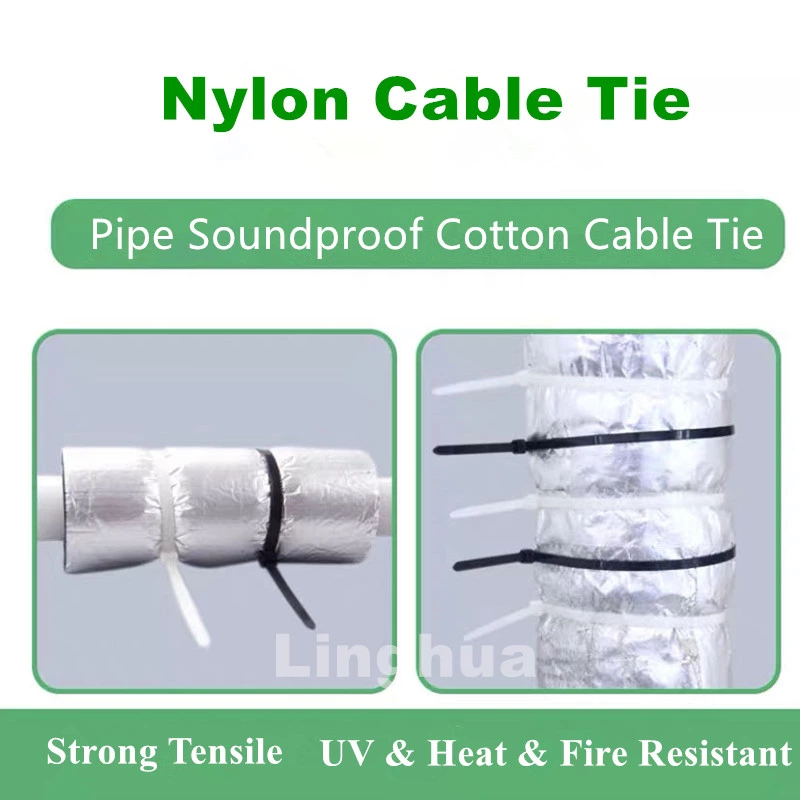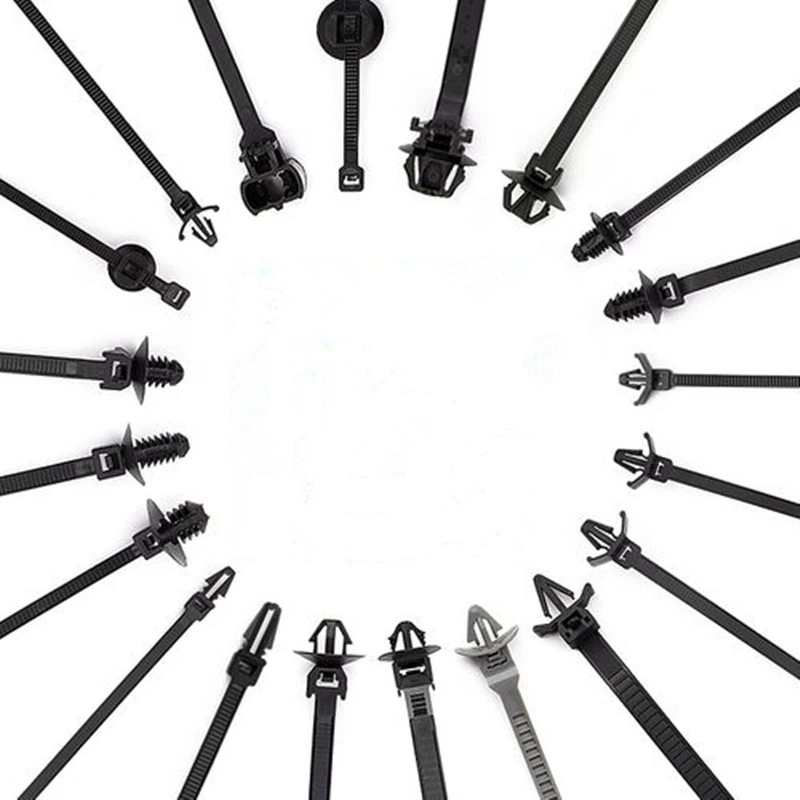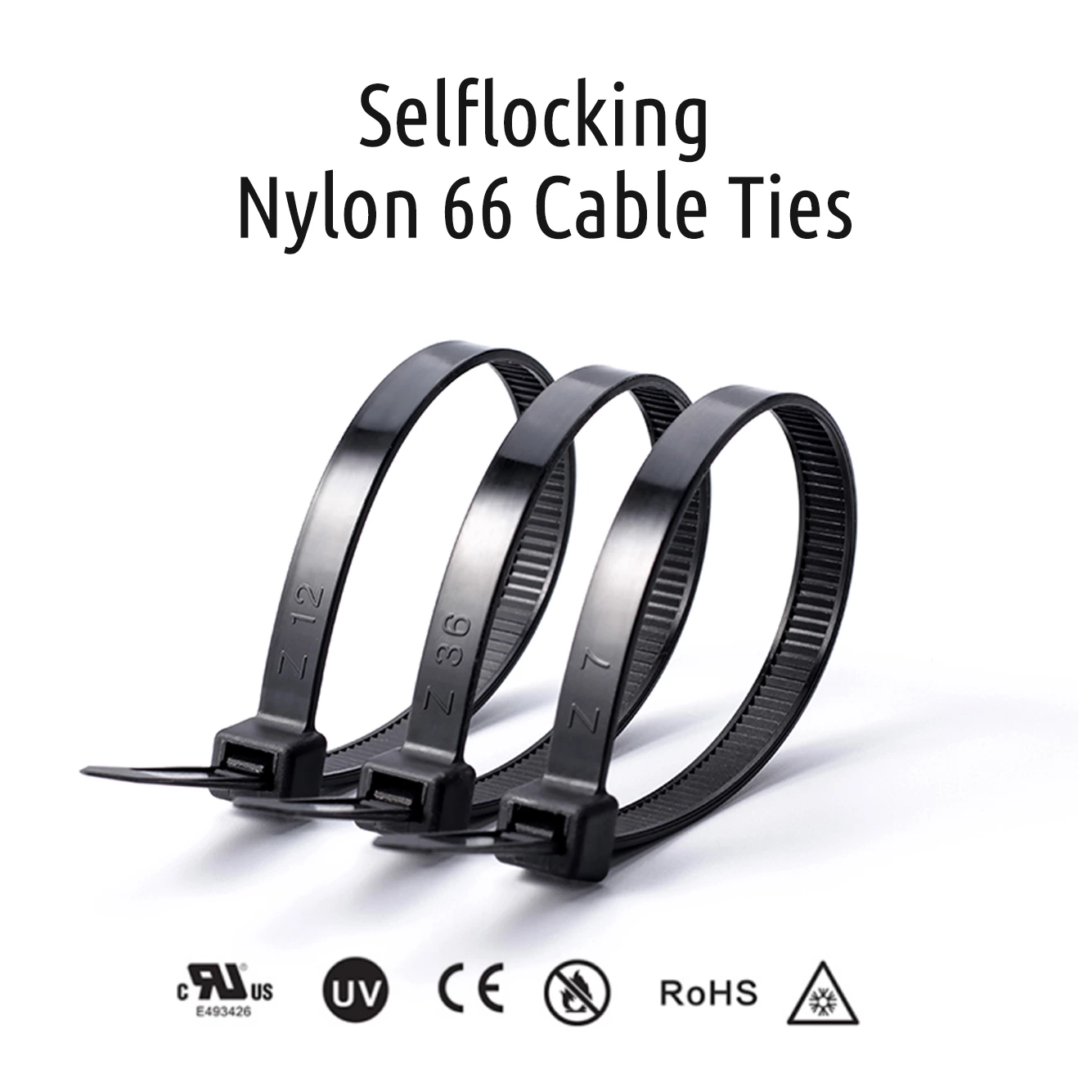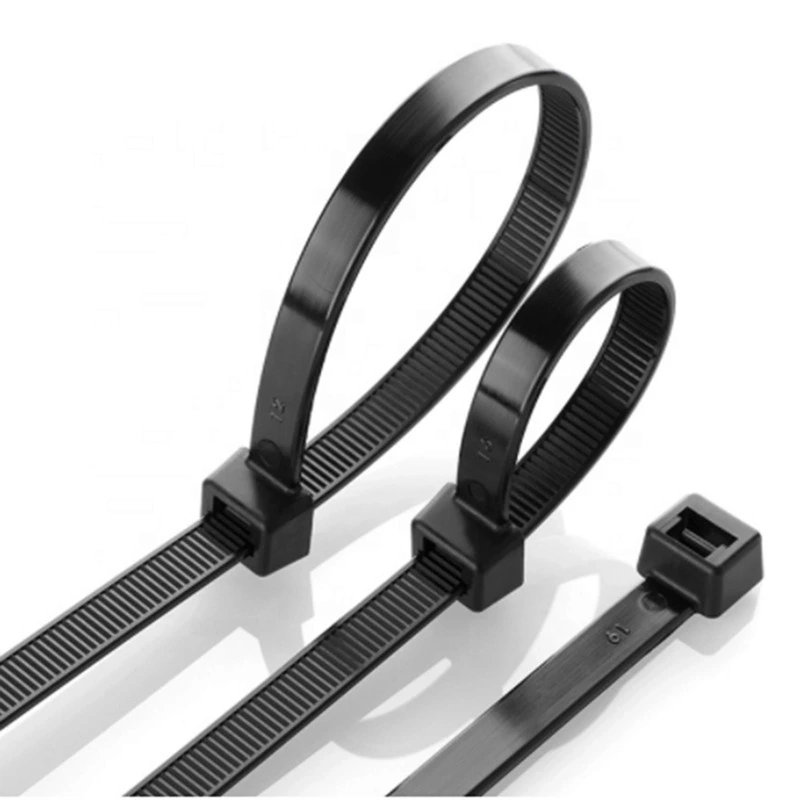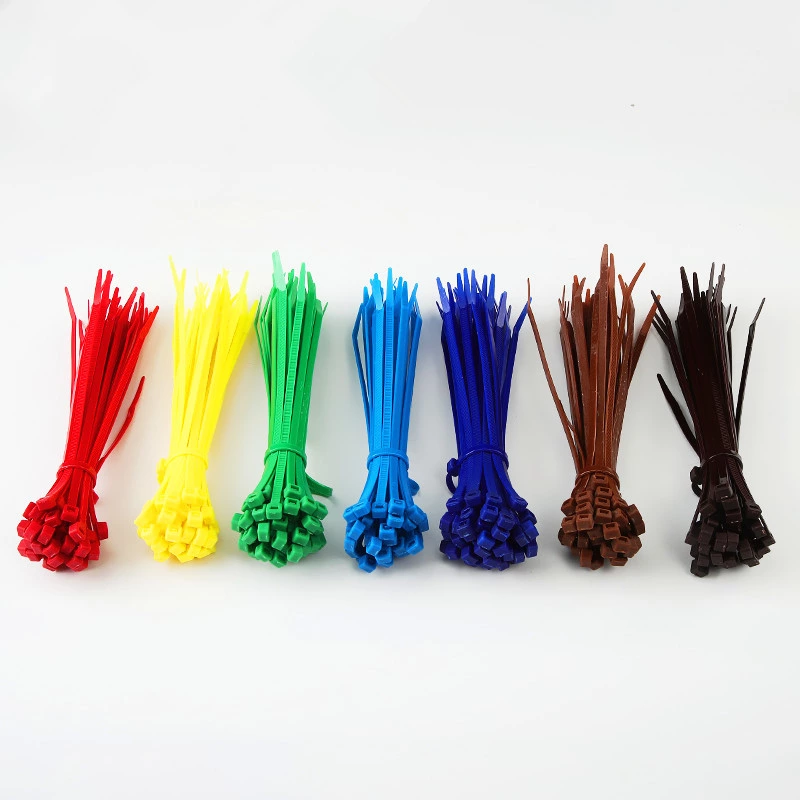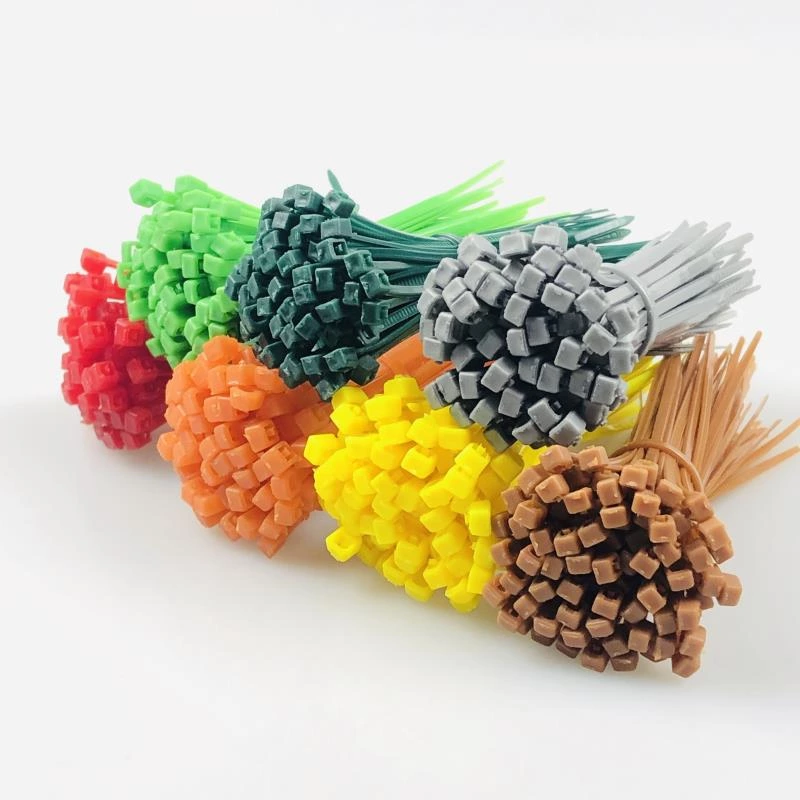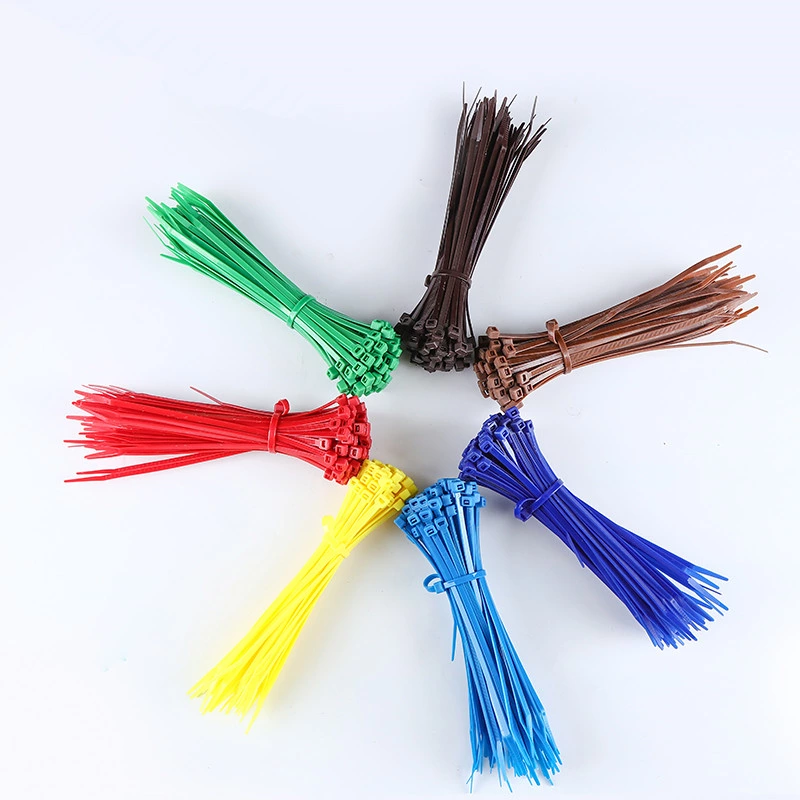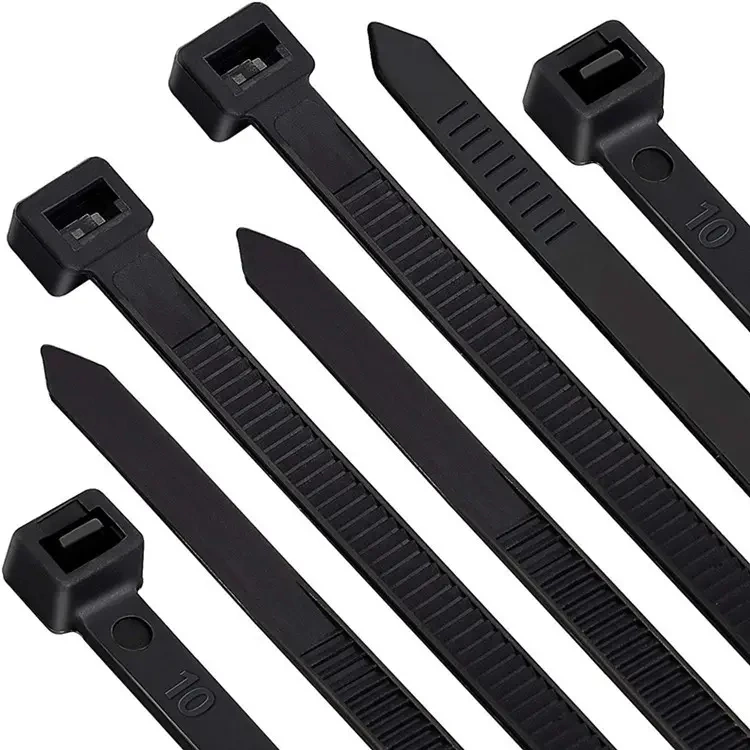Choosing the Right Cable Tie for Electrical Wiring
Choosing the Right Cable Tie for Electrical Wiring: A Complete Guide
Proper cable management is essential for electrical safety, system efficiency, and long-term reliability. Selecting the right cable tie ensures secure wire organization, prevents hazards like short circuits, and adapts to specific environmental conditions. Wenzhou Linghua Electric Co., Ltd, a leader in industrial fastening. Below is a step-by-step guide to help you make an informed decision.
1. Material Matters: Match the Tie to the Environment
Cable ties are available in various materials, each suited to different applications:
- Nylon Cable Ties
- Ideal for indoor use with moderate temperatures (e.g., household wiring or office setups).
- Cost-effective and flexible but may degrade under UV exposure or extreme heat.
- Stainless Steel Cable Ties
- Best for harsh environments (industrial sites, outdoor installations).
- Resistant to corrosion, high temperatures, and mechanical stress.
- PVC-Coated Ties
- Provide additional insulation for electrical wires, reducing risks of accidental contact.
2. Size and Load Capacity
Cable ties must support the weight and volume of bundled wires without breaking:
- Diameter: Measure the total thickness of cables to ensure the tie can fully encircle them.
- Tensile Strength:
- Standard nylon ties typically handle 18–50 lbs, while heavy-duty stainless steel ties exceed 250 lbs.
- For solar power systems or RV installations, opt for ties with higher load ratings to withstand vibrations and movement.
3. Environmental and Safety Considerations
- Temperature Resistance:
- Choose heat-resistant ties (e.g., stainless steel) for areas near engines, solar panels, or high-temperature equipment.
- Chemical Exposure:
- In industrial settings, select ties resistant to oils, solvents, or acidic substances.
- Certifications:
- Ensure ties meet safety standards like UL Listing or RoHS compliance for electrical applications.
4. Application-Specific Recommendations
- Residential Wiring: Use UV-resistant nylon ties with smooth edges to avoid damaging wires.
- Solar Power Systems:
- Stainless steel ties are ideal for securing panels and managing cables exposed to weather.
- Pair with relay modules for optimized power management.
- Industrial Use: Heavy-duty stainless steel ties provide durability in demanding environments.
5. Installation Tips
- Avoid Over-Tightening: This can crush insulation or deform wires. Use a tensioning tool for precision.
- Trim Excess: Cut protruding ends to prevent injury or interference with other components.
Final Thoughts
Choosing the right cable tie involves balancing material properties, environmental demands, and load requirements. Whether you’re managing household wires or industrial solar arrays, the correct tie enhances safety and longevity.
Pro Tip: For complex projects like DIY solar generators or RV installations, combine cable ties with compatible components (e.g., charge controllers, insulated cables) for a seamless setup.
By prioritizing quality and suitability, you can ensure your electrical systems remain organized, efficient, and hazard-free. Explore our range of certified cable ties tailored for diverse applications—engineered to meet the highest safety and performance standards.
About Wenzhou Linghua Electric Co., Ltd
Trusted by global manufacturers, we deliver certified cable ties for industries from renewable energy to automotive.

